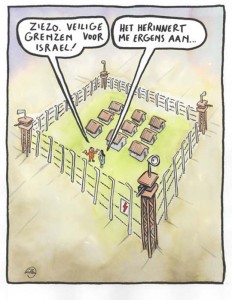fury 2
Codependents often repressed anger in them, who also can turn against themselves by gossip and a relentless inner critic that you say that you are not okay, are not good enough are a failure, etc.etc. The anger is repressed because we were not allowed to express our feelings in the dysfunctional family and the negative not at all on penalty of losing the "love" of our ancestors and that would mean our death, So we swallow everything and we repress our anger.
We're angry because we do not focus, erkenning, waardering, love and respect given that we had such a need. We're going to sublimate anger and exhibit passive-aggressive behavior by lying transverse, watching, make sarcastic remarks, humor have at the expense of the other, leedvermaak, To play devil's advocate, offend, denying attention, things to 'forget', the other 'gagging'(the silent treatment),you obnoxious act, you annoy quickly, deliver much criticism,etc.etc.
We project our repressed anger often on the other, we can then blame. Like we ensure that our other repressed anger plays out for us by making him or her hurt by our behavior and there to have fun and then the other to blame, self-reflection is alien to us, that's scary.
Thich Nhat Hanh schreef het boek 'je Omarm woede', that's good advice. Recognize that your anger is there and see it as a messenger that you bring a valuable message has, namely that you did not get your parents and is now trying to get out of vain. You can book your anger get you where you need also can give to yourself and be loving to yourself, Be a loving mother and father for yourself, who love you unconditionally for who you are and(Nietzsche zei: "Become who you are ').
Jung zei: "Who looks outside dreams and who looks inside awakens'. So look inside and see for yourself first and then see what's going on. Often we do have interest and attention for others but not for ourselves let alone for our inner child. In codependency is known to us inner child as treat our parents have treated us as children, the apple does not fall far from the tree. In my case it was his abandoned, do not get love and attention, not seen and that is true for many of us, I also learned when you have to take it outside, a destroyed, maar dat wist ik toen nog niet. Recognize the anger and transform the challenge into love and compassion for ourselves and our fellow man.
Here are two quotes about anger:
Spot is the rage of petty spirits – Alfred Lord Tennyson
Any anger is a sign of impotence. – Herwig Verleyen
Bron: Boek: "Anger Motivation & codependentie’ van Henny Bos, dat in 2012 of 2013 will appear.



